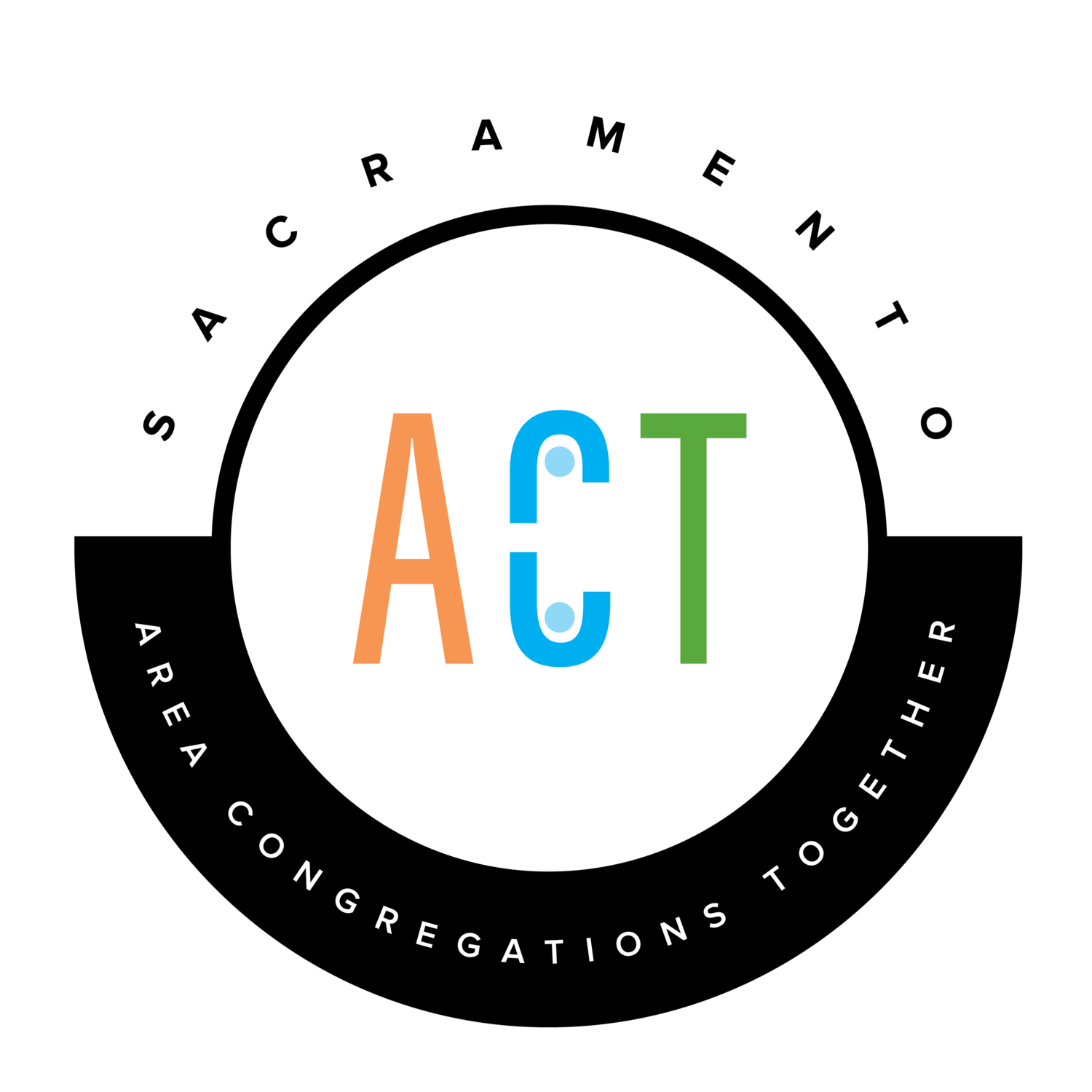It was a bad look at City Hall on Thursday night when a white council member tried to lecture a largely African American audience about the manner in which they were expressing their outrage.
“I’m disappointed in the behavior of the audience,” said Councilman Steve Hansen, an otherwise intelligent and capable public servant.
“People are dying in the street and you’re disappointed?” a woman shouted back.
The council meeting, which in part involved a discussion about police use-of-force policies, already had been briefly suspended after Mayor Pro Tem Larry Carr called a recess in response to audience members ignoring his orders to withhold applause during public comments.
The discussion was prompted by public outcry over the fatal police shooting of Joseph Mann on July 11 in North Sacramento. Mann, who was African American and mentally ill, was behaving erratically and holding a knife when he was shot 14 times by two officers who first tried to hit him with their patrol car. Other officers had tried to deescalate the situation by following Mann in their vehicle and asking him to drop the knife.
Those in attendance Thursday were there in part to express frustration with what they see as a lack of transparency in the city’s response to the shooting. However, the council seemed more interested in adhering to protocol than hearing out the community.
“You’re lecturing us,” another woman yelled at Hansen and Carr, who was running the meeting in the absence of Mayor Kevin Johnson and Vice Mayor Rick Jennings.
“If you continue to interrupt, I will ask to have you thrown out,” Hansen said.
Two protesters later were removed by police at Hansen and Carr’s request.
The night marked a low for a City Council that does not seem to fully grasp the public anger roiling since the Mann shooting. One of the men removed by police put those feelings into words as he was escorted out: “We’re being killed by the same people pushing us out of this room.”
Before you dismiss those words as an exaggeration, consider this:
Two Sacramento officers – John Tennis and Randy Lozoya – shot and killed Mann. One of their colleagues escorted people out of council chambers who were raising their voices in protest of that shooting. Other colleagues of Tennis and Lozoya are investigating the Mann shooting, and the leadership of Sacramento’s Police Department has closed ranks around the officers.
The city soon will be in contract negotiations with officers, and some council members already are advocating for a pay raise.
Hansen treated audience members at Thursday’s meeting as if they were clueless, but they aren’t. They know a form of collusion when they see it.
Now Carr and his colleagues are trying to craft policies that will clarify how the city responds to future police shootings and to enhance civilian oversight of police. That’s appropriate and necessary, but people are still concerned about the Mann shooting. Specifically, they are concerned by the secrecy of the investigation.
Last week, Sacramento police began an internal affairs review of the incident. That process is not subject to public review, and neither the city nor police will comment publicly on the case anymore.
Before the internal affairs investigation began, Sacramento police Chief Sam Somers Jr. might have expressed concern over the shooting of Mann. He might have praised the officers who were trying to arrest Mann peacefully. But he didn’t.
This is a common mistake made by police departments after controversial shootings. We know from the video there were other cops trying to do the right thing. Dash-cam video showed these cops telling Mann they didn’t want to hurt him. Those same cops were recorded saying they didn’t want to force a confrontation.
Tennis and Lozoya were recorded trying to hit Mann with their police cruiser. Then they exited their vehicle and ran toward Mann, shooting him 14 times.
By saying nothing to distinguish one approach from the other, police leaders cast suspicion on the entire department. It’s a self-inflicted wound. There have been others as well.
At Thursday’s meeting, Councilman Jeff Harris said: “I have opinions about (the Mann video), but I don’t share them because we live in a society of due process. Right now, there is a civil case in process, there is a legal case in process, and until those processes are completed, you really won’t know if our process works or not.”
It sounds good, but his comments come off as oblivious to the inherent conflict of interest when cops investigate other cops, and oblivious to the protections that police officers enjoy.
Under state law, it’s almost impossible for the public to view disciplinary records or civilian complaints against police officers. “California’s restrictions applied even in the case of Christopher Dorner, the former Los Angeles Police Department officer who went on a murderous rampage in February 2013,” wrote Bee reporter Jim Miller in a 2014 article. “Department leaders were able to discuss the circumstances of Dorner’s 2009 dismissal only because Dorner, after he failed to overturn his firing through the city’s civil service appeals process, went to court and a judge did not seal the case.”
We may never know the outcome of the internal investigation into the actions of Tennis and Lozoya. Very few officers are prosecuted for shootings. No one in Sacramento can recall a single time a local law enforcement officer was convicted of illegally using deadly force.
So when Hansen said “We are a city of laws” during his admonishment of the audience Thursday, it was no surprise that some headed for the exits. They could tell some people on the dais still don’t get it.
